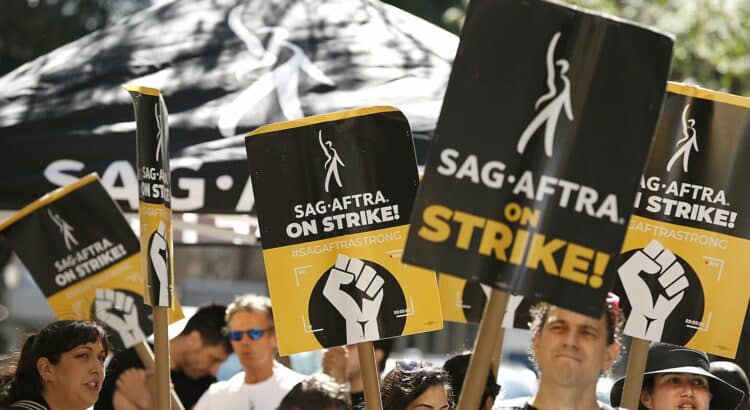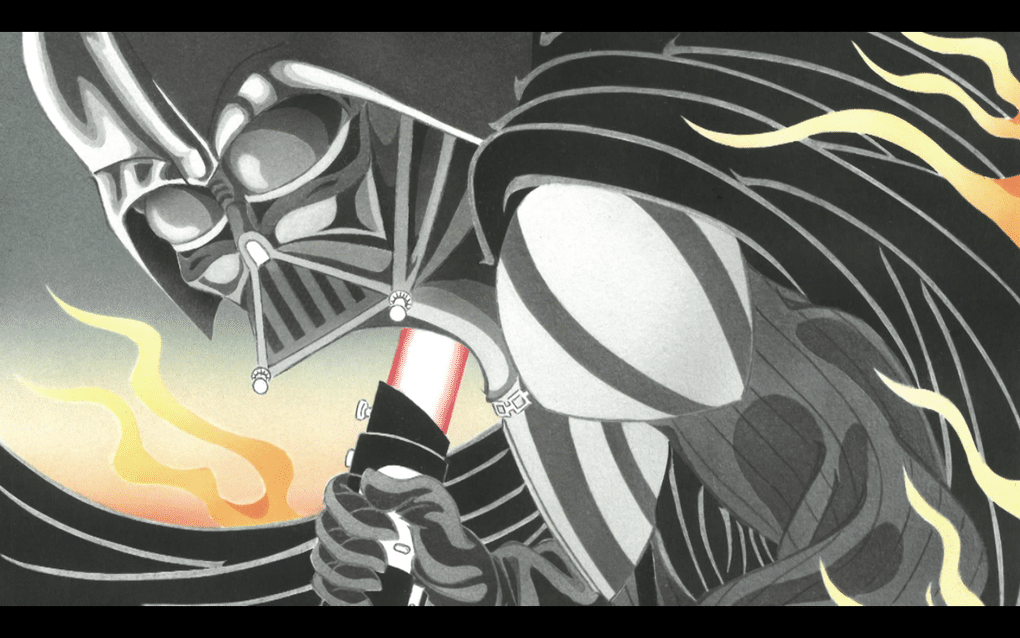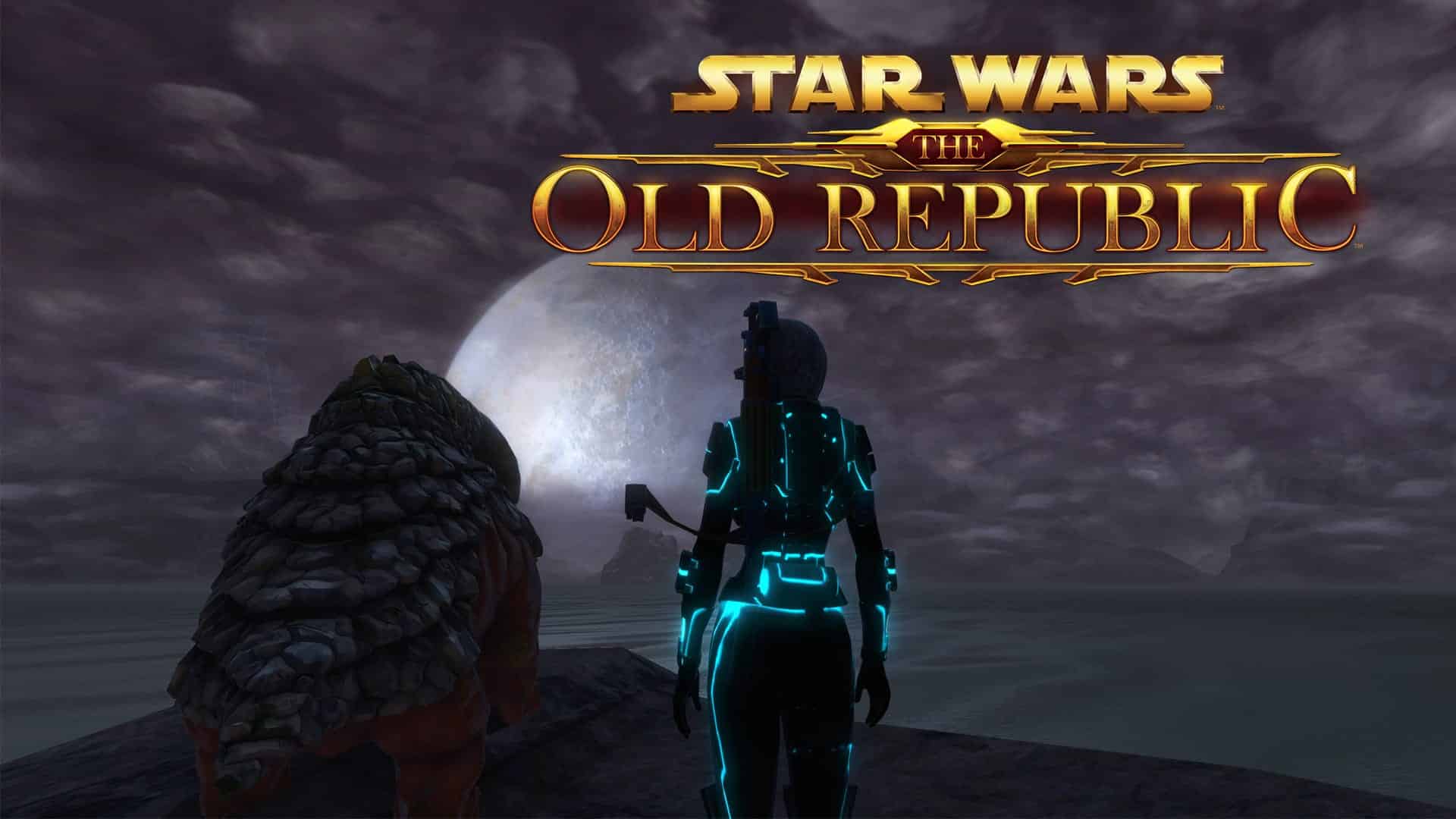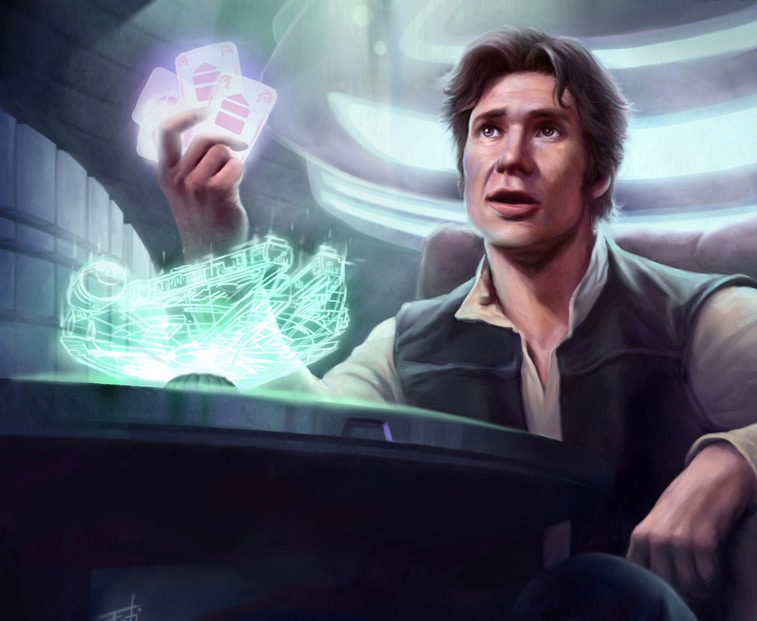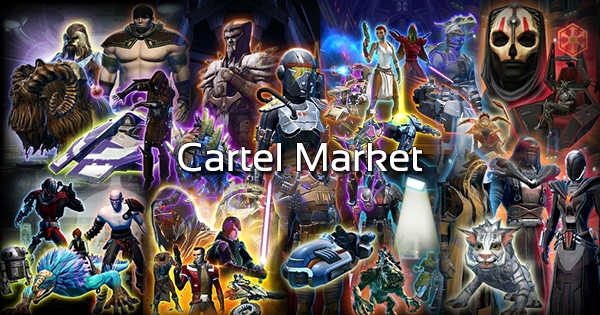Summery
- Strike Consideration: SAG-AFTRA, the union representing actors and performers, is contemplating a strike against major video game companies like Activision and Electronic Arts.
- Previous Strike: This isn’t the first time the union has considered such action; a similar strike occurred in 2016 and lasted for 11 months.
- Union Demands: The union is asking for an 11% retroactive pay increase for video game performers, followed by 4% increases, along with protections against the use of Artificial Intelligence in the industry.
- Additional Provisions: SAG-AFTRA is also seeking rest periods, safety protections, an on-set medic, and a prohibition against stunts during self-taped auditions.
- Industry Response: Video game companies claim they are negotiating in good faith and aim to reach an agreement that recognizes the contributions of SAG-AFTRA members.
- Next Steps: Ballots for the potential strike are due by 5 p.m. PT on September 25, and the union will hold informational meetings for its members during the voting period.
SAG-AFTRA, the prominent union representing actors and performers in the United States, is considering a strike against major video game companies like Activision and Electronic Arts. The move comes after stalled negotiations and aims to secure better working conditions and pay for video game performers. Here’s what you need to know about the potential strike and its implications for the gaming industry.
Background
The union has a separate contract with major video game makers, which was initially set to expire last November but was extended for a year to allow for further discussions. Talks are scheduled to resume on September 26. This isn’t the first time SAG-AFTRA has taken such a step; the union went on strike against video game companies in October 2016, a strike that lasted 11 months.
Demands and Concerns
SAG-AFTRA is asking for an 11% retroactive increase in rates for video game performers, followed by subsequent increases of 4% and 4%. These demands are identical to those made from film and TV studios. Additionally, the union is seeking protections against the increasing use of Artificial Intelligence (AI), which it claims poses a threat to voice and performance capture artists in the video game industry.
Fran Drescher, SAG-AFTRA’s president, criticized the video game companies for their “greed and disrespect,” stating that AI is reducing opportunities for their members to work.
Additional Provisions
Beyond wage increases and AI protections, the union is also seeking rest periods and safety protections for its members. This includes the presence of an on-set medic for video games, similar to current provisions in TV and film, and a prohibition against stunts during self-taped auditions.
Industry Response
Audrey Cooling, a spokesperson for the video game companies, expressed that they are negotiating in good faith and look forward to reaching an agreement. She emphasized the importance of recognizing the contributions of SAG-AFTRA-represented performers in the gaming industry.
What’s Next?
Ballots for the potential strike are due at 5 p.m. PT on September 25. The union will also hold informational meetings for affected members during the voting period. The outcome of these ballots and the subsequent negotiations will have a significant impact on both the union members and the video game industry at large.
Conclusion
The looming strike by SAG-AFTRA against major video game companies highlights the growing tensions between labor and management in the entertainment industry. With both sides seemingly entrenched in their positions, the coming weeks will be crucial in determining the future landscape of labor relations in the gaming world.
Frequently Asked Questions (FAQ) about the Potential SAG-AFTRA Strike Against Video Game Companies
Q1: What is SAG-AFTRA?
Answer: SAG-AFTRA is a union that represents actors, voice artists, and other performers in the United States. It stands for Screen Actors Guild‐American Federation of Television and Radio Artists.
Q2: Why is SAG-AFTRA considering a strike against video game companies?
Answer: The union is considering a strike due to stalled negotiations with major video game companies like Activision and Electronic Arts. The union aims to secure better pay and working conditions for its members.
Q3: Has SAG-AFTRA gone on strike against video game companies before?
Answer: Yes, SAG-AFTRA went on strike against video game companies in October 2016. The strike lasted for 11 months.
Q4: What are the union’s demands?
Answer: SAG-AFTRA is asking for an 11% retroactive increase in rates for video game performers, followed by 4% increases. They are also seeking protections against the use of Artificial Intelligence (AI) in the industry.
Q5: Are there any additional provisions that the union is seeking?
Answer: Yes, the union is also asking for rest periods, safety protections, an on-set medic for video games, and a prohibition against stunts during self-taped auditions.
Q6: What is the industry’s response to these demands?
Answer: Video game companies claim they are negotiating in good faith and look forward to reaching an agreement that recognizes the contributions of SAG-AFTRA members.
Q7: When are the talks scheduled to resume?
Answer: Talks between SAG-AFTRA and the video game companies are scheduled to resume on September 26.
Q8: What is the deadline for the strike ballots?
Answer: Ballots for the potential strike are due by 5 p.m. PT on September 25.
Q9: Will there be any informational meetings for union members?
Answer: Yes, the union plans to hold informational meetings for affected members during the voting period.
Q10: What could be the impact of this strike on the video game industry?
Answer: A strike could potentially halt or delay productions, affecting both the union members and the video game industry at large.


